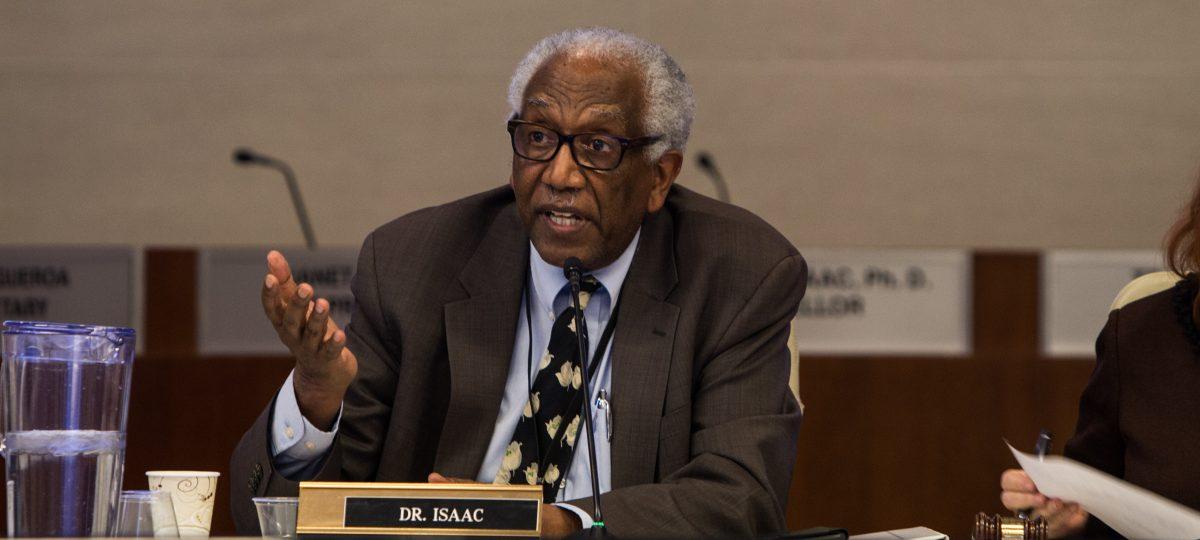By Erik Galicia
Criminals impersonating Riverside Community College District instructors scammed students through fraudulent emails in October.
Shauna Gates, RCCD police chief, said the emails were sent districtwide from an unknown person. The subject of the emails was usually a professor searching for a personal assistant. The emails detailed work hours and responsibilities, such as paying the instructor’s bills.
According to Gates, the suspect would mail students a $3,500 check. Students were told to cash the check, keep $400 for themselves and send the remainder to a specific address through the Zelle cash app. When students would use an ATM or banking app, they were told they would receive funds within 24 hours.
At that point, Gates said, fraud has taken place. The bank puts a hold on the check, the victim is notified and no money is received.
“We want everyone to be cautious when they see these emails,” she said. “There has always been fraud, but now that we’re online, there has been an increase.”
RCCD police reported knowing of at least 10 victims who actually cashed the checks sent to them, some of whom are Norco College students. Police provided those victims with a case number to prove to their banks that they had been scammed.
Gates warned students to be cautious and if they receive similar emails from someone claiming to be a specific instructor, they should contact that instructor and verify that they in fact sent those emails, whether they are familiar with the instructor or not.
“If the email sent out is not from a district account, that’s a red flag,” she said. “If (the emails) say, ‘checks to cash,’ that’s a first sign of fraud.”
Gates also stressed that students should not be ready to give out their personal information over the internet.
A collaboration between the RCCD Police and Information Technology Departments and local law enforcement attempted to trace the internet protocol addresses of the fraudulent accounts, but was unsuccessful.
Gates urged anyone victimized by these emails to contact law enforcement and visit ic3.gov to report phishing or other internet crimes.


















